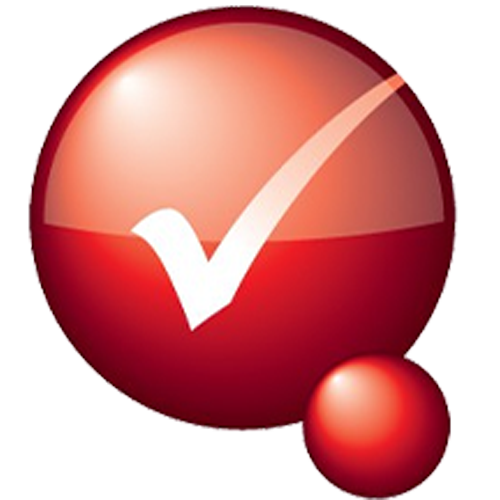SAFE WORK METHOD STATEMENTS
WHAT IS A SAFE WORK METHOD STATEMENT?
A safe work method statement (SWMS) is a document that sets out the high risk construction work activities to be carried out at a workplace, the hazards arising from these activities and the measures to put in place to control the risks.
The purpose of a SWMS is to help supervisors, workers and any other persons at the workplace to understand the requirements that have been established to carry out the high risk construction work in a safe and healthy manner.
The SWMS sets out work activities in a logical sequence, identifies hazards and describes the control measures associated with that activities with the goal of reducing the risk.
LEGALLY COMPLIANT
SWMS are required for any business performing high risk work activities to be legally compliant.
High risk construction work:
involves a risk of a person falling more than 2 m
is carried out on a telecommunication tower
involves demolition of an element of a structure that is load-bearing
involves demolition of an element of a structure that is related to the physical integrity of the structure
involves, or is likely to involve, disturbing asbestos
involves structural alteration or repair that requires temporary support to prevent collapse
is carried out in or near a confined space
is carried out in or near a shaft or trench deeper than 1.5 m or a tunnel
involves the use of explosives
is carried out on or near pressurised gas mains or piping
is carried out on or near chemical, fuel or refrigerant lines
is carried out on or near energised electrical installations or services
is carried out in an area that may have a contaminated or flammable atmosphere
involves tilt-up or precast concrete
is carried out on, in or adjacent to a road, railway, shipping lane or other traffic corridor in use by traffic other than pedestrians
is carried out in an area of a workplace where there is any movement of powered mobile plant
is carried out in areas with artificial extremes of temperature
is carried out in or near water or other liquid that involves a risk of drowning
involves diving work.
A person conducting a business or undertaking (PCBU) carrying out any high risk work in connection with a construction project is required under the Work Health and Safety Regulation 2011 to:
ensure that a safe work method statement (SWMS) is prepared before the proposed work starts
make arrangements to ensure that the high risk construction work is carried out in accordance with the SWMS
ensure that a copy of the SWMS is given to the principal contractor before the work starts
ensure that a SWMS is reviewed and revised if necessary
keep a copy of the SWMS until the high risk construction work is completed.
All duty holders involved in a high risk work activity must make sure:
the work is carried out in accordance with the SWMS
if the work is not carried out in accordance with the SWMS, the work is:
stopped immediately or as soon as it is safe to do so
resumed in accordance with the statement
all SWMS are given to the principal contractor prior to work commencing
SWMS are kept so as to be readily available to inspection.
WHAT SHOULD BE IN A SWMS?
When preparing a SWMS the following must be taken into account:
the circumstance at the workplace that may affect the way in which the high risk construction work is carried out
on a construction project, the WHS management plan prepared by the principal contractor.
identify the work that is high risk construction work
specify hazards relating to the high risk construction work and risks to health and safety associated with those hazards
describe the measures to be implemented to control the risks
describe how the control measures are to be implemented, monitored and reviewed.
A SWMS should also include the following information:
the PCBU's name, address and ABN (if they have one)
details of the person(s) responsible for ensuring implementation, monitoring and compliance with the SWMS
if the work is being carried out at a construction project:
the name of the principal contractor
the address where the high risk construction work will be carried out
the date the SWMS was prepared and the date it was provided to the principal contractor
the review date (if any).
A SWMS may also include:
the names of workers that have been consulted on the content of the SWMS
the date the consultation occurred
the signature of each worker acknowledging their participation in this consultation and the opportunity to discuss the proposed measures.
The content of a SWMS should provide clear direction on the control measures to be implemented. There should be no statements that require a decision to be made by supervisors or workers. For example, the statement 'use appropriate PPE' does not detail the control measures. The control measures should be clearly specified.
Workers and their health and safety representatives should be consulted in the preparation of the SWMS. If there are no workers engaged at the planning stage, consultation should occur with workers when the SWMS is first made available to workers for example, during induction training, or when it is reviewed such as during workplace-specific training or a toolbox talk.
Have questions about safe work method statements or think we are missing something?

